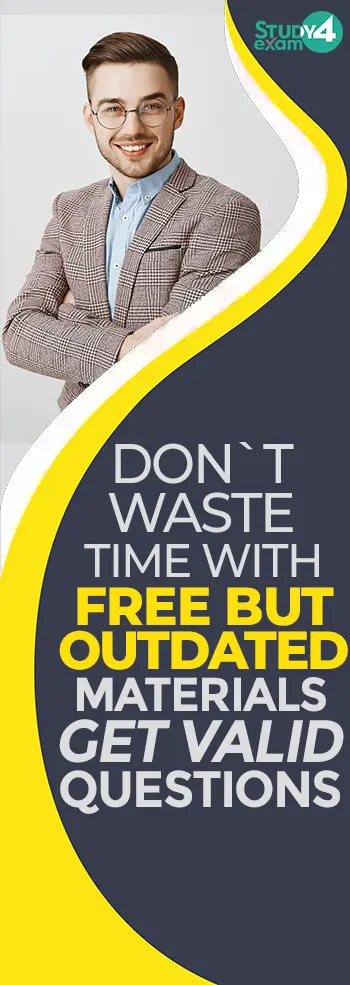Free ISO-9001-Lead-Auditor Exam Questions - PECB ISO-9001-Lead-Auditor Exam
QMS ISO 9001:2015 Lead Auditor
Total Questions: 131PECB ISO-9001-Lead-Auditor Exam - Prepare from Latest, Not Redundant Questions!
Many candidates desire to prepare their PECB ISO-9001-Lead-Auditor exam with the help of only updated and relevant study material. But during their research, they usually waste most of their valuable time with information that is either not relevant or outdated. Study4Exam has a fantastic team of subject-matter experts that make sure you always get the most up-to-date preparatory material. Whenever there is a change in the syllabus of the QMS ISO 9001:2015 Lead Auditor exam, our team of experts updates ISO-9001-Lead-Auditor questions and eliminates outdated questions. In this way, we save you money and time.
PECB ISO-9001-Lead-Auditor Exam Sample Questions:
Which two of the following aspects of a quality management system must the organisation continually improve?
Which one of the following options is the definition of the context of an organisation?
XYZ Corporation is an organisation that employs 100 people. As the audit team leader, you are conducting a certification audit at Stage 1. When reviewing the quality management system (QMS)
documentation, you find that quality objectives have been set for every employee in the organisation except top management. The Quality Manager complains that this has created a lot of resistance
to the QMS, and the Chief Executive is asking questions about how much it will cost. He asks for your opinion on whether this is the correct method of setting objectives.
How would you respond with the following options? Select three.
During a third-party audit of a pharmaceutical organisation (CD9000) site of seven COVID-19 testing
laboratories in various terminals at a major international airport, you interview the CD 9000's General Manager (GM), who was accompanied by Jack, the legal compliance expert. Jack is acting as the guide in the absence of the Technical Manager due to him contracting COVID-19.
You: "What external and internal issues have been identified that could affect CD9000 and its quality
management system?"
GM: "Jack guided us on this. We identified issues like probable competition of another laboratory
organisation in the airport, legal requirements on COVID-19 continuously changing, the shortage of
competent laboratory analysists, the epidemic declining soon, shortage of chemicals for the analysis. It was
quite a good experience."
You: "Did you document these issues?"
GM: "No. Jack said that ISO 9001 does not require us to document these issues."
You: "How did you determine the risks associated with the issues and did you plan actions to address
them?"
GM: "I am not sure. The Technical Manager is responsible for this process. Jack may be able to answer this question in his absence."
Select two options for how you would respond to the General Manager's suggestion:
You are conducting an ISO 9001 audit of a Materials Recycling Facility (MRF). The organisation processes
waste plastics into raw materials for plastic bottle manufacturers. You reach the manual picking line where operators are removing contaminant materials from incoming products, such as plastic bags, plastic film and badly contaminated items that would compromise the recycling process. You interview the line supervisor.
You: "Why are these plastic items being rejected at this stage?"
Auditee: "They do not meet our processing standards."
You: "What is the reason for that?"
Auditee: "These items are likely to damage the machinery down the line. They can also compromise our
quality standards. We need to protect our reputation for good quality output materials."
You: "What happens to the rejected items?"
Auditee: "Some get melted down in another process later on and some are disposed of as waste products that cannot be recycled."
You: "What happens to the waste products?"
Auditee: "I'm not sure. I suppose they go to landfill."
Which two. of the following actions would you take to investigate further?


